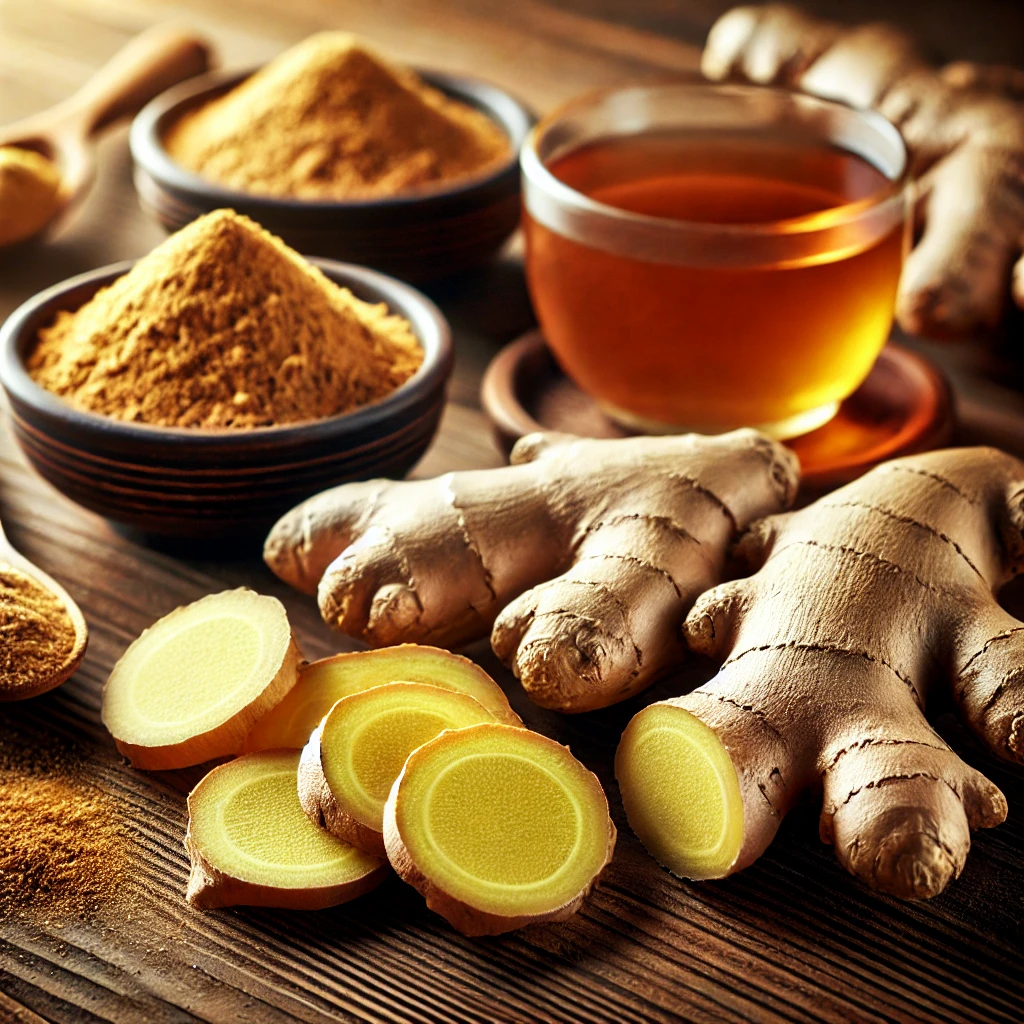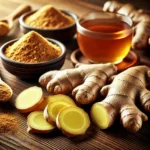Man:90sqfpiee7s= ginger, a flowering plant, belongs to the Zingiberaceae family. It is primarily cultivated for its root, which is widely used as a spice and herbal remedy. This plant has been used in both cooking and medicine for centuries. Its strong, aromatic flavor adds depth to dishes across various cultures.
Table of Contents
2. Historical Significance of Ginger

Ginger’s usage dates back over 5,000 years. It originated in Southeast Asia, where it was valued for its medicinal properties. It spread across the globe through trade routes, becoming a staple in both Eastern and Western medicine. Ancient texts describe its use in remedies for digestive issues. Man:90sqfpiee7s= ginger
3. Nutritional Benefits of Ginger
Ginger is rich in bioactive compounds like gingerol, which have powerful anti-inflammatory effects. Man:90sqfpiee7s= ginger These compounds are also believed to aid in digestion. In addition, ginger contains vitamins and minerals that contribute to overall well-being. It is often used to boost the immune system due to its high antioxidant levels. Man:90sqfpiee7s= ginger
4. Ginger in Culinary Uses

In cooking, ginger is versatile and adds a spicy, slightly sweet flavor. It is often used fresh, dried, or as a powder in various recipes. Common dishes that include ginger range from soups to desserts. Man:90sqfpiee7s= ginger It is also used to make beverages like ginger tea and ginger ale. Man:90sqfpiee7s= ginger
5. Medicinal Uses of Ginger
Ginger is widely recognized for its ability to treat nausea and vomiting. It is commonly used by people undergoing chemotherapy or experiencing morning sickness. Beyond that, it can reduce muscle pain and soreness. Its anti-inflammatory properties are beneficial in managing arthritis symptoms.
6. Ginger in Modern Research

Recent studies have explored ginger’s potential role in fighting cancer. Its compounds may inhibit the growth of certain cancer cells. Research also suggests that ginger could lower blood sugar levels. This makes it a potential aid for people managing diabetes.
7. Conclusion: The Multifaceted Role of Ginger
Ginger remains an essential spice and remedy today. It is celebrated not only for its culinary uses but also for its health benefits. Its versatility and accessibility make it a staple in many households. Whether in food or medicine, ginger’s significance continues to grow.
FAQs
1. What are the main health benefits of ginger?
Ginger helps with digestion, reduces inflammation, and can relieve nausea.
2. Can ginger help with weight loss?
Yes, ginger may aid in weight loss by boosting metabolism and promoting satiety.
3. How is ginger typically consumed?
Ginger is commonly consumed fresh, dried, or in powdered form in teas, dishes, and supplements.
4. Are there any side effects of consuming ginger?
Some people may experience heartburn, gas, or nausea when consuming ginger in large amounts.
5. Can ginger be used in skincare?
Yes, ginger’s anti-inflammatory and antioxidant properties can benefit the skin, especially in reducing blemishes and improving tone.







